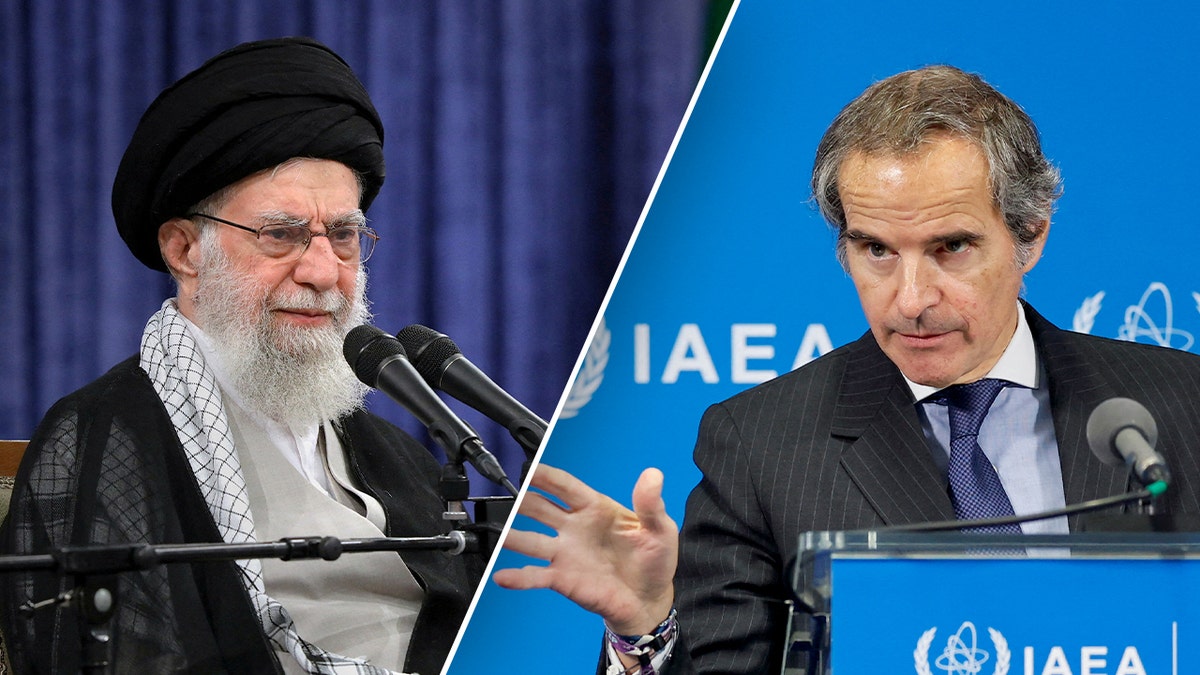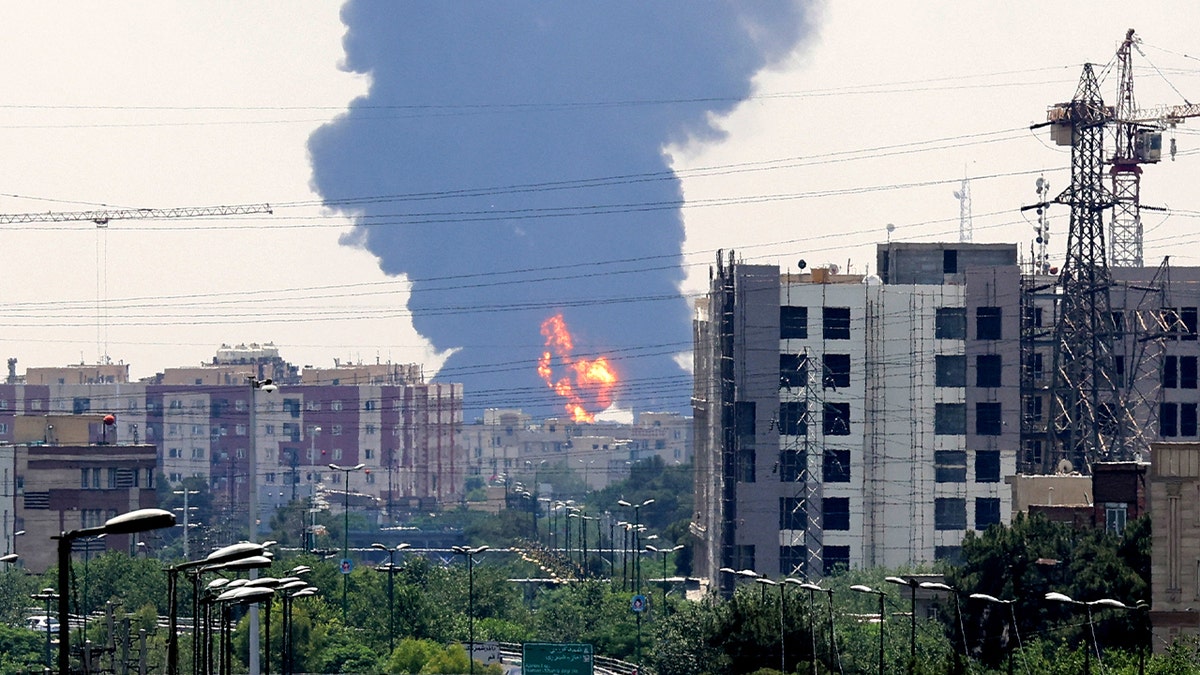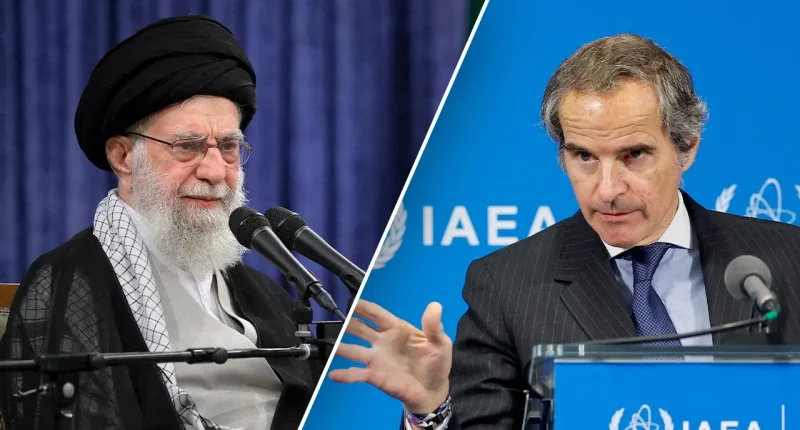Share this @internewscast.com
Iranian President Masoud Pezeshkian has signed into law a bill passed by the nation’s parliament last week, terminating Tehran’s collaboration with the International Atomic Energy Agency (IAEA).
This legislative move followed closely on the heels of the U.S. executing Operation Midnight Hammer, an assault targeting three critical nuclear facilities in Iran: Natanz, Isfahan, and Fordow.
The new law mandates that any subsequent inspections of Iran’s nuclear sites by the IAEA require authorization from the country’s Supreme National Security Council, as reported by Reuters. Iran alleges that the IAEA has taken sides with the U.S. and Israel amid the recent tensions. Furthermore, Tehran asserts that an IAEA resolution from early June facilitated the Israeli attacks.

Iran cuts ties with U.N. nuclear watchdog IAEA following U.S. and Israeli strikes on Tehran’s nuclear facilities. (Reuters)
Iranian Foreign Minister Abbas Araghchi recently told CBS News that “the doors for diplomacy will never slam shut.” However, he also cast doubt on Trump’s timeline for when talks would resume.
“I don’t think negotiations will restart as quickly as that,” Araghchi told CBS News. “In order for us to decide to reengage, we will have to first ensure that America will not revert back to targeting us in a military attack during the negotiations.”

A massive plume of smoke and fire rise from an oil refinery in southern Tehran following reports that an overnight Israeli strike targeted the site on June 15, 2025 in Tehran, Iran. (ATTA KENARE/AFP)
While Trump’s critics have argued that the administration has exaggerated the extent of the damage to Iran’s nuclear sites, parties involved in the conflict seemingly agreed on the status of the facilities. Iranian Foreign Ministry spokesperson Esmail Baghaei acknowledged that the sites were “badly damaged” in an interview with Al Jazeera.

















